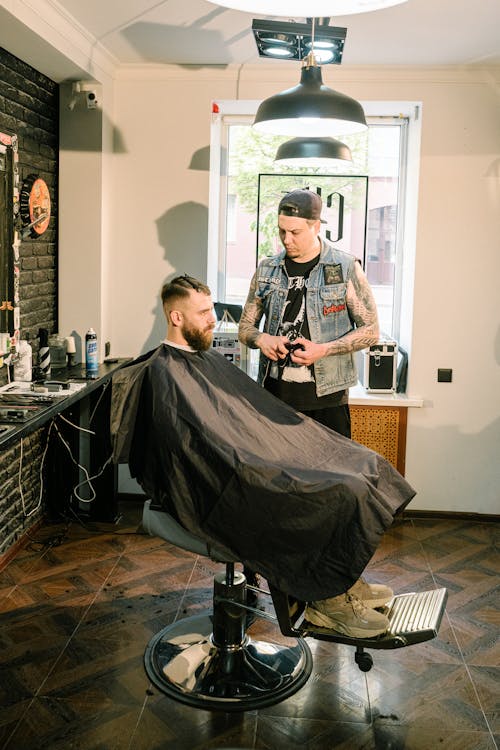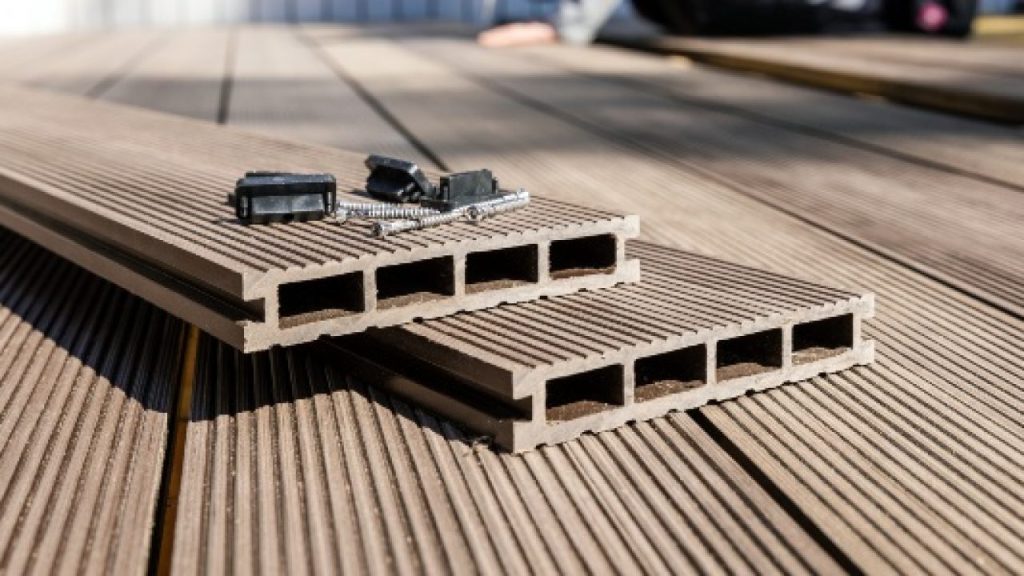The Whip It Tank stands as a prime example of how modern fashion can meet the needs of an active lifestyle. Combining cutting-edge design with high-performance materials, this tank top represents a perfect fusion of functionality, comfort, and style. It is carefully crafted to meet the demands of individuals who lead busy, physically active lives, from fitness enthusiasts to those constantly on the move. What sets the Whip It Tank apart is its innovative use of advanced fabric technology. The material is designed to be breathable and moisture-wicking, ensuring that wearers remain cool and dry during intense workouts or long, active days. Its lightweight nature makes it easy to move in, whether you are hitting the gym, going for a run, or engaging in an outdoor adventure. The tank’s moisture management capabilities help maintain comfort, preventing the discomfort of sweat clinging to the skin and offering an effective solution for people who do not want to slow down because of heat or perspiration.
On top of its technical qualities, the Whip It Tank does not compromise on style. The sleek design incorporates a minimalist aesthetic that fits seamlessly into any wardrobe. Available in a variety of colors and patterns, it provides versatility to suit personal preferences and can easily be paired with a wide range of outfits, from gym wear to casual, everyday ensembles. The modern cut enhances the silhouette, offering both freedom of movement and a flattering fit. Whether you are looking for a tank to wear during an intense workout session or something stylish enough for a laid-back day out, this tank top is designed to meet those needs effortlessly. Constructed with high-quality materials, it is built to last through frequent use, without sacrificing comfort. The tank’s stitching is reinforced to withstand wear and tear, ensuring it retains its shape and function over time. Additionally, the fabric is resistant to fading, so colors remain vibrant even after multiple washes, making it a smart investment for those who want active wear that endures.
The design incorporates ergonomic elements, such as a racerback or slightly scooped hem, to provide maximum freedom of movement without constriction. This allows for a wide range of activities, from high-intensity exercises to yoga sessions, without worrying about restriction or discomfort. The tank also comes in various sizes, ensuring that it suits different body types and providing a customizable fit for each wearer. Moreover, the Whip It Tank reflects a broader trend in active wear where fashion and performance no longer exist in separate realms. People are no longer settling for clothing that is either purely functional or merely stylish; they want both, and the whip it tank delivers on this demand. Activewear that offers comfort and performance does not have to be dull or uninspired in design, and with the Whip It Tank, wearers can feel confident knowing they look good while pushing themselves to their limits. Ultimately, the Whip It Tank exemplifies the future of active wear, merging innovative fabric technologies, practical designs, and fashionable aesthetics into one piece of clothing.

 These chairs are engineered to support various body types and positions, ensuring that clients remain relaxed throughout their salon visit. Features such as adjustable headrests, lumbar support, and reclining mechanisms allow for a customizable experience, catering to individual preferences and enhancing overall comfort. The ability to adjust the height and tilt of the chair ensures that both clients and stylists can achieve the perfect positioning, promoting better posture and reducing strain during lengthy sessions. Another important aspect of a revolutionary salon chair is its design versatility. Modern
These chairs are engineered to support various body types and positions, ensuring that clients remain relaxed throughout their salon visit. Features such as adjustable headrests, lumbar support, and reclining mechanisms allow for a customizable experience, catering to individual preferences and enhancing overall comfort. The ability to adjust the height and tilt of the chair ensures that both clients and stylists can achieve the perfect positioning, promoting better posture and reducing strain during lengthy sessions. Another important aspect of a revolutionary salon chair is its design versatility. Modern  Navigating the world of tactical gear can be daunting, especially for newcomers. A reputable store does not just sell products it also provides expert guidance and advice. Knowledgeable staff members can help you choose the right gear based on your skill level, playing style, and budget. Whether you are looking for tips on maintaining your equipment or advice on improving your game, their expertise can prove invaluable.
Navigating the world of tactical gear can be daunting, especially for newcomers. A reputable store does not just sell products it also provides expert guidance and advice. Knowledgeable staff members can help you choose the right gear based on your skill level, playing style, and budget. Whether you are looking for tips on maintaining your equipment or advice on improving your game, their expertise can prove invaluable. The intricate designs of
The intricate designs of 


